Descobrir Ethical Schools
Ethical Schools

Ethical Schools
Autor: Ethical Schools
Inscrito: 10Reproduzido: 605Inscreva-se
compartilhar
© 2019 Ethical Schools
Descrição
Amy and Jon talk with educational innovators about creating ethical learning environments, helping students overcome the effects of trauma, and empowering young people to make change. Tune in weekly.
182 Episodes
Reverse
We speak with Dr. Susan Jean Mayer about her recent book, "Practicing Pragmatism Through Progressive Pedagogies: A Philosophical Lens for Grounding Classroom Teaching and Research." Dr. Mayer defines pragmatism in today's world and discusses the importance of critical exploration, democratic construction of knowledge, and openness to diversity of perspectives in the classroom. As teachers and learners, we can construct a shared set of values based on our experiential realities and come to understand these realities in coherent terms.
Overview00:00-00:36 Intros
00:36-02:55 How to define pragmatism in today’s world
02:55-05:34 How to define final truth
05:34-06:53 How to define an ethical classroom
06:53-11:29 Ethical and democratic classrooms: the same or how they may differ
11:29-15:03 Knowledge, experience, and education
15:03-17:55 Critical exploration in the classroom
17:55-21:05 Classroom example of critical exploration
21:05-23:49 How a critical exploration teacher can intervene when students are wrong
23:49-27:25 When inviting different perspectives and belief systems doesn’t come naturally to students
27:25-28:56 Schools aren’t encouraging students to talk to one another; have succumbed to discourse of test scores
28:56-33:20 How teachers can become more comfortable with perspectives they may disagree with
33:20-37:11 How pragmatic teachers can deal with a school system structured to eliminate or minimize cultural diversity
37:11-40:47 Balancing ties to local communities with supporting students who want to break from the consensus of the community
40:47-47:19 How teachers can help create a system of education based on pragmatism
47:19- Outro TranscriptClick here to see the full transcript of this episode. References
Book Practicing Pragmatism through Progressive PedagogiesA Philosophical Lens for Grounding Classroom Teaching and Research by Susan Jean Mayer
Susan Jean Mayer's website
Soundtrack by Poddington Bear
We speak with Deborah Meier and Jane Andrias, pioneers in the democratic small-school movement. Debbie founded the Central Park East Schools. Jane Andrias was an art teacher and principal at Central Park East I. Debbie and Jane discuss these ground-breaking schools, their ethical foundations, the “habits of mind” they worked to instill, and the challenges they faced.
*This is Part Two of a two part episode. Go back one episode or click here to listen to the first part.
Overview00:00-00:41 Intros
00:41-07:30 Parent involvement
07:30-12:05 What happened to Mission Hill?
12:05-23:04 Survival of innovative, democratic schools;
What do we have education for? Education and democracy
23:04-24:45 Justice and fairness
24:45-26:37 Community service; connections to the adult world
26:37-29:37 Choices schools make based on what they value
29:37-36:46 Documentary about impact of CPESS on graduates’ lives
36:36-38:39 Human capital
38:39-40:57 Need funding for the documentary
40:57-42:41 Films and TV about the schools
42:41- Outro
TranscriptClick here to see the full transcription of this episode. References
Here's a list of all the books written by Deborah Meier.
Click here to know more about the CPESS documentary and other initiatives by Deborah Meier and Jane Andrais.
https://youtu.be/lgehMroRLnsSoundtrack by Poddington Bear
We speak with Deborah Meier and Jane Andrias, pioneers in the democratic small-school movement. Debbie founded the Central Park East Schools. Jane Andrias was an art teacher and principal at Central Park East I. Debbie and Jane discuss these ground-breaking schools, their ethical foundations, the “habits of mind” they worked to instill, and the challenges they faced.
*This is Part One of a two part episode.
Overview00:00-00:43 Intros
00:43-01:52 What would a school fully focused on preparing students for a democraticsociety look like?
01:52-03:08 Impacts of curriculum and school environment
03:08-05:40 Students’ voice in what they are learning
05:40-11:01 Democratic, progressive, ethical schools: are they synonymous?
11:01-18:32 Examples of ethical dilemmas and decisions
18:32-22:07 Negative effects of tracking and what the alternatives look like
22:07-24:19 Building long-term trust
24:19-26:05 Including all school staff members in decision-making and obstacles
26:05-29:57 Including parents and studentsTranscriptClick here to see the full transcription of this episode. References
Here's a list of all the books written by Deborah Meier.
Click here to know more about the CPESS documentary and other initiatives by Deborah Meier and Jane Andrais.
https://youtu.be/lgehMroRLnsSoundtrack by Poddington Bear
Robbie Torney, director of AI Programs at Common Sense Media, analyzes teachers' use of AI. We focus on AI teaching assistants, their uses and abuses, and how teachers' judgment and skills remain central. We discuss the need for school- and district-wide education and policies on using AI in teaching and learning.
OverviewIntros
Common Sense media and its AI work
Evaluation principles for AI risk
What teachers use AI for
What happens with users’ data
AI teacher assistants, risks, and advantages
AI and cultural sensitivity
AI as assistive or adaptive technology
Recognition of AI as enhancements not replacements?
Special risks of AI teacher assistants for IEPs and behavior plans
How teachers can protect against “invisible influence” risks
AI and complex historical events such as California missions or slavery
“Tools,” “functions,” and prompts
Four specific steps teachers should take when using teacher assistants
Purchasing AI: Consultation and training
Role of school boards, administrators, and state departments of education
Legislation to protect students
Importance of discussion of values and ethical questions
OutroTranscriptClick here to see the full transcription of this conversation. ReferencesCommon Sense Media AI Initiatives: click here
Soundtrack by Poddington Bear
We speak with Tom Roderick, founding executive director of the Morningside Center for Teaching Social Responsibility; Jan Zuckerman, Co-founder of Sunnyside Environmental School in Portland, Oregon; and Graham Klag, an alumnus of Sunnyside Environmental School. We discuss Tom's book, Teach for Climate Justice: A Vision for Transforming Education. Tom explains that climate chaos and social justice are inextricably linked, and proposes a program for addressing both. He centers the concept of the beloved community.
Overview00:00-01:07 Intros
01:07-03:57 Why “Climate Justice?’
03:57-06:00 Connection between climate change and social justice
06:00-07:34 The book’s primary audience
07:34-09:30 Teaching for climate justice and SEL
09:30-11:51 Sunnyside Environmental School
11:51-15:37 Meshing hands-on learning with Oregon’s state testing requirements
15:37-16:43 Storyline
16:43-19:24 Creating a “beloved community”
19:24-21:23 Impact on Graham Klag’s life as an alum
21:23-30:10 Wolf education project with ranchers’ families
30:10-34:37 Encouraging students to be hopeful
34:37-37:22 Landless Rural Workers Movement (MST, Brazil) and “contentious co-governance)
37:22-40:00 Teach for Climate Justice Project
40:00-41:27 Civil resistance
41:27-43:13 SEL in Phoenix Talent schools in Eastern Oregon
43:13- OutroTranscriptClick here to see the full transcription of this episode.References
Book "Teach for Climate Justice: A Vision for Transforming Education" by Tom Roderick
Sunnyside Environmental School in Portland
Morningside Center for Teaching Social Responsibility
Soundtrack by Poddington Bear
Photo teachforclimatejustice.org
We speak with Dr. Cynthia Ballenger about her recent book, “Teaching is Inquiry: Observation and Reflection as the Heart of Practice,” in which she explores the role of ethnography in inquiry-based teaching and learning, i.e., cultural practices in terms of speaking, storytelling, and conveying information. Teachers can discern a lot more about students if they listen to them in the context of their ethnic/ cultural styles of communicating. Dr. Ballenger also addresses the children she calls “puzzling.” Each of them has something to offer, she says, even those who seemingly have social-emotional challenges.
Overview
00:00-00:58 Intros
00:58-01:45 “Teaching Is Inquiry”
01:45-08:56 Ethnography of education
08:56-11:12 “Every child has something to offer the class.”
11:12-20:45 The “puzzling child”: more stories
20:45-24:10 Cultural and individual differences
24:10-27:43 Obsessive compulsive disorder (OCD)
27:43-30:17 “Stopping time.”
30:17-31:17 Importance of stories
31:17-34:41 Strengthening systemic support; ethical implications
34:41-36:45 Testing culture as anti-democratic and unethical
36:45-38:13 More reflections on OCD
38:13-38:37 Jerome Bruner on negotiating meaning
38:37- Outro
Transcript
Click here to see the full transcription of this episode.
References
Book “Teaching is Inquiry” by Dr. Cynthia Ballenger
Soundtrack by Poddington Bear
We speak with Dr. Dawn Hicks Tafari, Professor of Education and Coordinator of Elementary Education at Winston-Salem State University in North Carolina. Dawn is author of "The Journey of Kamau Miller: Hip Hop Composite Counter Stories for Black Men Teachers." She uses hip hop as a way to communicate with students and composite counter stories to communicate beyond the academy.
TranscriptClick here to see the full transcription of this episode. References- The Journey of Kamau Miller: Hip Hop Composite Stories for Black Men Teachers, book by Dawn Tafari
- If we treated teachers like Pro Athletes by Key & Peele on YouTube
- Wet Dreams by J. Cole on YouTube
Soundtrack by Poddington Bear
We speak with Arlene Goldbard, writer, visual artist, speaker, social activist and consultant, whose most recent book is “In the Camp of Angels of Freedom: What does it mean to be educated?” An autodidact from a working-class background, Arlene challenges “the certainty that academic qualifications are the best measure of ability.” She interweaves the stories and portraits of her “angels,” her personal story, and a critique of standard narratives of education. We talk with her in particular about two of her “angels,” Paulo Freire and Paul Goodman.
Overview00:00-00:38 Intros
00:38-02:41 What “In the Camp of Angels of Freedom: What It Means to be Educated” is about
02:41: 03:55 Definition of auto-didact
03:55-05:39 Project-based education/Action civics/"What Would YOU Do?”
05:39-07:12 Removing bachelor’s degree requirement from State jobs
07:12-09:03 Advice to high school students about options
09:03-10:34 When is a liberal arts education valuable beyond credentials?
10:34-20:42 Alternative ways to expand horizons beyond/in addition to college
20:42-25:28 K-12 education
25:28-27:31 Paulo Freire
27:31-31:18 Paul Goodman
31:18-32:50 Cultural citizenship
32:50- OutroTranscriptClick here to see the full transcription of this episode. References
Arlene Goldbard's website
Book "In the Camp of Angels of Freedom: What Does It Mean to Be Educated?" by Arlene Goldbard
Soundtrack by Poddington Bear
Visual artwork by Arlene Goldbard "We Burn" (2019)
We speak with Dr. David Penberg and Adhirath Sethi about Agastya, a unique educational ecosystem serving students and teachers in 22 Indian states. Agastya has a hub-and-spokes design, with an elaborate 172-acre campus outside Bangalore and a fleet of mobile vans and bicycles delivering science and art programming to poor and rural children in far-flung towns and villages.
Overview00:00-00:43 Intros
00:43-03:26 Agastya’s programs
03:26-04:51 Arts and interdisciplinary learning environment
04:51-07:58 Teacher training
07:58-11:10 Young Instructional Leader program
11:10-11:52 Ages of girls who started the YIL program
11:52-13:33 Where the YIL do their work
13:33-17:02 Teachers learning in the ways that students learn
17:02-18:43 Alignment with Nell Noddings’s “ethic of care”
18:43:21:48 Relationships with animals other than human
21:48-24:09 Common elements with schools like Central Park East in different settings
24:09-26:14 Agastya relationships based on trust
26:14-27:27 Agastya as a source of inspiration
27:27-29:07 Agastya’s vision of reaching more children
29:07-30:33 Relevance to U.S.
30:33-35:49 Measuring success
35:49-38:19 Adhirath’s book about Agastya: The Moving of Mountains
38:19- OutroTranscriptClick here to listen to the full transcription of this episode. References
Agastya International Foundation: agastya.org
Book The Moving of Mountains: The Remarkable Story of the Agastya International Foundation by Adhirath Sethi (on Linkedin)
Soundtrack by Poddington Bear
We speak with Dr. Tovah P. Klein, professor of psychology at Barnard College and the director of the Center for Toddler Development, about her book, “Raising Resilience: How to Help Our Children Thrive in Times of Uncertainty.” Dr. Klein describes how parents and teachers should build children's resilience BEFORE anything frightening or traumatic occurs. Most importantly, children and teens need to know they will never be alone, that their parents or trusted adults will always be there for them.
Overview00:00-00:38 Intros
00:38-02:12 Building resilience proactively
02:12-04:22 Responding to traumatic situations at school
04:22-09:18 Five Pillars of Children’s Resilience
09:18-10:51 School environments that support resilience
10:51-12:48 How teachers can prepare to respond calmly to their own triggers
12:48-16:52 Responding to the temptations of screens
16:52-20:56 Secrets, including how to handle necessary secrets
20:56-24:20 Dealing with fears and threatening situations
24:20-27:36 What schools can do
27:36-30:50 Allowing kids to ask
30:50- OutroTranscriptClick here to see the full transcription of this episode. References
Book "Raising Resilience: How to Help Our Children Thrive in Times of Uncertainty" Dr. Tovah P. Klein
Barnard Toddler Center
Soundtrack by Poddington Bear
We speak with Dr. Elizabeth Birr Moje, dean and professor at the Marsal Family School of Education, University of Michigan. Dr. Moje discusses Detroit’s School at Marygrove, a university-school partnership serving children and families from before birth through grade 12. We talk about design-based research, Marygrove’s innovative teacher-residency program, and what being a model means to Marygrove.
Overview
00:00-00:46 Intros
00:46-03:16 How the school at Marygrove came to be
03:16-06:27 Teaching and learning in Detroit
06:27-11:05 Why this neighborhood and community for Marygrove
11:05-12:05 Demographics of the community and the school
12:05-15:20 What an ethical partnership between a university and a school looks like
15:20-18:24 Funding—current and for sustainability
18:24-20:08 Proof of concept, scale, “translatable modules”
20:08-24:17 A model for curriculum and pedagogy
24:17-29:51 Design-based research
29:51-38:36 Selecting teachers and providing professional development and support
38:36-42:13 Promoting social justice
42:13-48:29 Cell phones, distractions, AI
48:29-49:11 Centrality of inquiry
49:11-56:45 Replication
56:45- Outro
Transcript
Click here to see the full transcription of this episode.
References
The School at Marygrove website
Soundtrack by Poddington Bear
We talk with Sarah Stitzlein, author of "Teaching honesty in a populist era: Emphasizing truth in the education of citizens." Dr. Stitzlein, a professor of education and affiliate professor of philosophy at the University of Cincinnati, is concerned with how to teach in a political context where truth and honesty seem increasingly at risk. She contrasts the philosophical approaches of populism and the pragmatism of educational philosophers such as John Dewey.
Overview00:00-00:41 Intros
00:41-02:10 Why the book and the title
02:10-03:15 Defining populism
03:15-04:24 Differences between left and right populism—book is mostly about right populism
O4:24-08:00 Contrasting populist and pragmatic notions of truth and honesty
08:00-09:55 Defining honesty, and what it looks like in a classroom context
09:55-11:59 Honesty as a habit, not just a virtue
11:59-13:13 Is there a difference between truth and reality?
13:13-15:36 A truth claim in an educational context
15:36-16:49 Doing honesty as a verb
16:49-21:15 Seeking truth versus seeking solutions
21:15-23:20 “Alternative facts”
23:20-24:22 Philosophy, ethics, and education
24:22-25:58 From honesty in the classroom to honesty in the wider world
25:58-27:41 Scalability
27:41-29:30 Ethical outlook on civics
29:3o-31:40 Connections between democracy and education
31:40-35:56 Impact of AI
35:56- OutroTranscriptClick here to see the full transcript of this episode. ReferencesBook "Teaching Honesty in a Populist Era: Emphasizing Truth in the Education of Citizens" By Sarah Stitzlein Soundtrack by Poddington Bear
We speak with Dr. Linda F. Nathan and Jonathan Mendonca, two co-editors of the recently published book, "Building Democratic Schools and Learning Environments: A Global Perspective," an anthology of accounts of creating innovative schools around the world. We discuss autonomy vs large-scale uniformity, issues of scaling innovations, and defining success. The book, intentionally available free online, includes both existing schools and concepts of possible schools.
Overview00:00-00:59 Intros
00:59-02:48 Building democratic schools and learning environments
02:48-07:02 How the book came to be written
07:02-08:00 “Many ways” that schools can prepare students for democracy
08:00-11:32 The four pillars of democratic education
11:32-14:12 The “common good”
14:12-16:13 Barefoot EDU (Unifly Collective) and Shikha Institute of Education
16:13-20:58 Jonathan Mendonca’s vision of scale and reactions to it
20:58-23:32 Resolution of whether to teach in English or mother tongue in school in Madhya Pradesh
23:32-28:10 Managing tensions between autonomy and large-scale administration in U.S. schools, and examples
28:10-29:15 Sharing innovations
29:15-33:34 Building ability to meet students’ needs into systems: equity vs equality
33:34-37:16 Catalyzing large scale professional development for pre-school teachers in Haryana State
37:16-39:08 Looking at success for the next generation
39:08-41:46 Teaching students to nurture the planet
41:46- OutroTranscriptClick here to see the full transcript of this episode. References
Click here to download the free e-book created by Dr. Nathan and Jonathan Mendonca "Designing Democratic Schools and Learning Environments: A Global Perspective"
Click here to listen to our first interview with Dr. Linda Nathan "Holistic education: Joy, wellness and rigor"
Soundtrack by Poddington Bear
We speak with Cara E. Furman, Associate Professor of Early Childhood Education at Hunter College, about her book "Teaching from an Ethical Center: Practical Wisdom for Daily Instruction." Dr. Furman focuses on teachers ensuring that their practice corresponds with their ethical center. She emphasizes teachers’ knowledge of learning environments, local communities, and the children themselves. We discuss the ethical problems with "fidelity" as applied to teaching.
Overview00:00-00:43 Intros
00:43-03:15 Crossroads of philosophy, teaching, teacher ed
03:15-04:47 Practical wisdom
04:47-07:02 “The way that teachers know”
07:02-11:33 “Fidelity” as applied to teaching
11:33-13:04 Are fidelity and ethics compatible for teachers?
13:04-16:50 Do philosophers and teachers have difficulty understanding the connections between the fields?
16:50-18:44 Teaching from a “philosophical center”
18:44-20:58 Teaching from an “ethical center”
20:58-26:23 Variations in ethical centers
26:23-27:51 Can a school have an ethical center?
27:51-31:52 When teachers find themselves in schools with highly restrictive practices
31:52-35:24 Lawsuits against Lucy Calkins and Fountas and Pinnell
35:24-36:32 Effects on teachers of demands for fidelity
36:32-38:41 Scripts
38:41-41:35 Podcasts and books—similarities and differences
41:35- Outro TranscriptClick here to see the full transcription of this episode. ResourcesBook Teaching from an Ethical Center: Practical Wisdom for Daily Instruction by Cara FurmanSoundtrack by Poddington Bear
We speak with Ahenewa El-Amin, who teaches AP African American Studies in Kentucky, a state with a law restricting teaching about the legacy of slavery. Ms. El-Amin discusses the law as well as how she is able to teach the history of Kentucky, a state that is “north and south,” and open students’ minds to new perspectives.
Overview
00:00-00:55 Intros
00:55-02:45 Meaning of Kentucky law on teaching about race
02:45-03:37 Have any teachers been charged with violating the law?
03:37-04:52 Differential impact on long-term and newer teachers
04:52-06:27 Examples of content that might fall under the new law
06:27-08:03 Teaching “both ways” in Kentucky
08:03-10:03 Opening students’ minds to new perspectives
10:03-10:53 Biases re “cultural and racial upbringings”
10:53-15:20 Teaching and learning about Kentucky history; Margaret Garner and “Beloved”
15:20-18:27 West African influences on Southern food and culture
18:27-19:30 Impact of law on districts’ willingness to offer AP African American history
19:30-20:48 Controversy about content of AP course
20:48-24:12 Students’ responses to learning about Kentucky’s racial history
24:12- Outro
Transcript
Click here to see the full transcription of this episode.
Soundtrack by Poddington Bear
We speak with Dr. Kathryn Spence, Director of the School of Education at Fairleigh Dickinson University, about actualizing a focus on social justice and equity. She discusses strategies for broadening the pipeline of teachers, especially teachers of color, including career ladders and “Grow Your Own” programs. Dr. Spence describes how FDU makes teacher ed financially feasible for students as well as what makes teachers stay in or leave schools.
Overview
00:00-00:40 Intros
00:40-04:08 How Dr. Spence’s experience shapes her approach to teacher ed
04:08-06:25 How research has shaped her leadership
06:25-07:36 Why teachers stay or leave schools or the field
07:36-09:25 Recruiting pre-service teachers, especially teachers of color
09:25-10:44 Career ladders in NJ
10:44-12:35 Making teacher ed financially feasible for students
12:35-14:20 Providing moral support to teacher ed students
14:20-15:28 Impact on schools of residential segregation in NJ
15:28-18:40 Serving Latine students
18:40-20:48 Pushback to the focus on social justice?
20:48-22:20 Change process at FDU’s program
22:20-25:03 Looking forward to having bilingual courses
25:03- Outro
Transcript
We speak with Amanda Jones, a school librarian in Livingston Parish, Louisiana. Ms. Jones is the author of “That Librarian: The Fight Against Book Banning in America.” The book recounts how speaking out for race- and gender-related books in libraries led to her being targeted and threatened by book-banning extremists. She describes initial abandonment by friends and colleagues who were afraid to speak up. But nationwide, librarians and their constituents are fighting back. Ms. Jones includes tips for librarians and teachers facing attacks.
Overview
00:00-00:47 Intros
00:47-01:35 What a Library Board of Control is
01:35-02:16 What Amanda Jones said at Board of Control meeting
02:16-02:33 Trevor Project
02:33-03:19 Board of Control members’ responses
03:19-04:48 What happened then
04:48-05:38 Reactions by friends and neighbors to attacks
05:38-06:16 Reactions from school administrators and colleagues
06:16-07:02 Changes over time
07:02-09:09 Impact on children of marginalized communities of books with characters like them
09:09-11:19 How decisions of what books to purchase for school libraries get made
11:19-11:53 Guidelines
11:53-13:58 Processes when there are book challenges
13:58-14:45 Decision process in public libraries
14:45-15:30 Appeal to courts
15:30-18:39 Impetus for book banning campaigns
18:39-20:49
The authors of a recent Chalkbeat analysis discuss the Department of education’s 2023 high school survey, which shows girls, especially girls of color, have much higher stress levels, and feel less supported, than boys. Michael Elsen-Rooney, an NYC public school reporter; Kae Petrin, a data and graphics reporter; and Liza Greenberg, a Bronx High School of Science senior, unpack the data, which the DOE has largely disregarded.
Overview
00:00-00:51 Intros
00:51-03:10 Annual NYC Dept. of Education student survey
03:10-03:42 Chalkbeat
03:42-06:13 Takeaways from citywide data
06:13-06:39 Biggest gender gaps: “Stress” and “Worried about Learning”
06:39-08:06 Differential attention in taking the test?
08:06-10:36 Causes of girls’ stress?
10:36-11:33 Reported differences in teacher attention and support
11:33-12:44 Black and multiracial students consistently report most negative experiences
12:44-13:46 Response to Chalkbeat article from NYC Department of Education
13:46-13:46 2024 student survey
13:46-15:57 Using the data to improve academic and social-emotional experiences
15:57-17:16 How the DOE can make the data more accessible to the general public
17:16-18:29 More details on data
18:29-22:27 Why hasn’t the DOE used the data to create guidelines for schools/teachers?
22:27- Outro
We speak with Dr. Sam Finesurrey, assistant professor of history at Guttman Community College, and three 2024 graduates of School in the Square (S2), a charter middle school in Washington Heights, Manhattan. Dr. Finesurrey worked with 14 students on a research project studying S2 students’ social emotional learning, including reactions to the pandemic and faculty turnover. Dr. Sam and the students talk about the process, what they found, and how the school modified policies in response to the study’s findings.
Overview
00:00-00:50 Intros
00:50-02:22 Critical participatory research
02:22-04:21 Participatory oral history project at School in the Square
04:21-06:12 Meaningful findings
06:12-10:05 Follow up on the results
10:05-11:17 School in the Square’s response to the findings
11:17-13:16 Role and impact of staff member Ms. Lilly
13:16-14:17 Public presentations
14:17-17:31 How the researchers have changed as a result of the project
17:31-18:45 Effects on interviewees
18:45-20:12 Confidentiality
20:12- Outro
Transcript
Click here to see the full transcription of this episode.
We speak with Dr. Diana Turk, Chair of the Department of Teaching and Learning and Director of Teacher Education at NYU. Students in NYU’s unique teacher residency program work full-time in classrooms, for which they are paid, making it possible for students without a lot of money to attend. By design, the program attracts BIPOC students. Students receive support from NYU faculty, both on location in their schools and online. They attend classes in the evenings, virtually. The program is uncompromisingly justice- and equity-centered.
Overview
00:00-00:34 Intros
00:34-02:28 Educating all students as a subversive activity?
02:28-10:12 What makes NYU Teacher Residency different among teacher ed programs
10:12-12:16 Infusing the curriculum with justice and equity
12:16-15:48 Input from school communities
15:48-17:46 Why teacher demographics are important
17:46-19:50 Recruiting a diverse teaching force
19:50-26:35 Outreach to prospective students
26:35-27:49 Demographic composition of residents
27:49-32:42 Achieving this demographic mix
32:42-35:22 Choosing school locations
35:22-36:44 Teacher mentors
36:44-40:46 Structuring the course load
40:46-43:50 Synchronous virtual classes
43:50-45:23 Graduation rate
45:23-49:21 Danielson and Feet Frameworks
49:21-51:25 AACTE award for Best Practi...


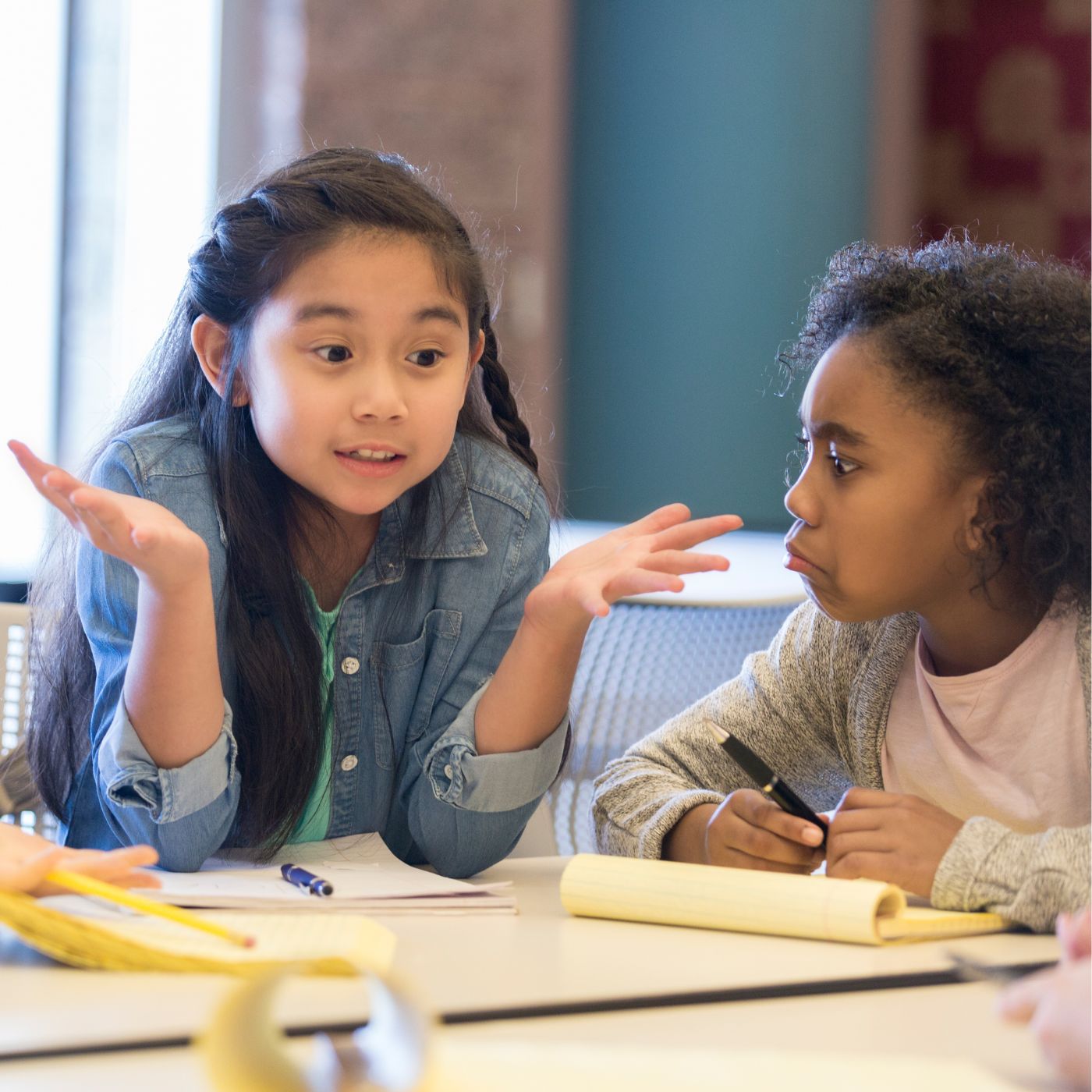
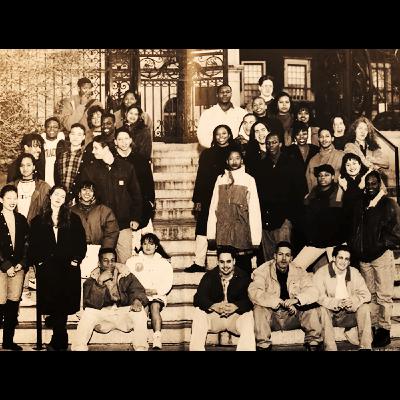

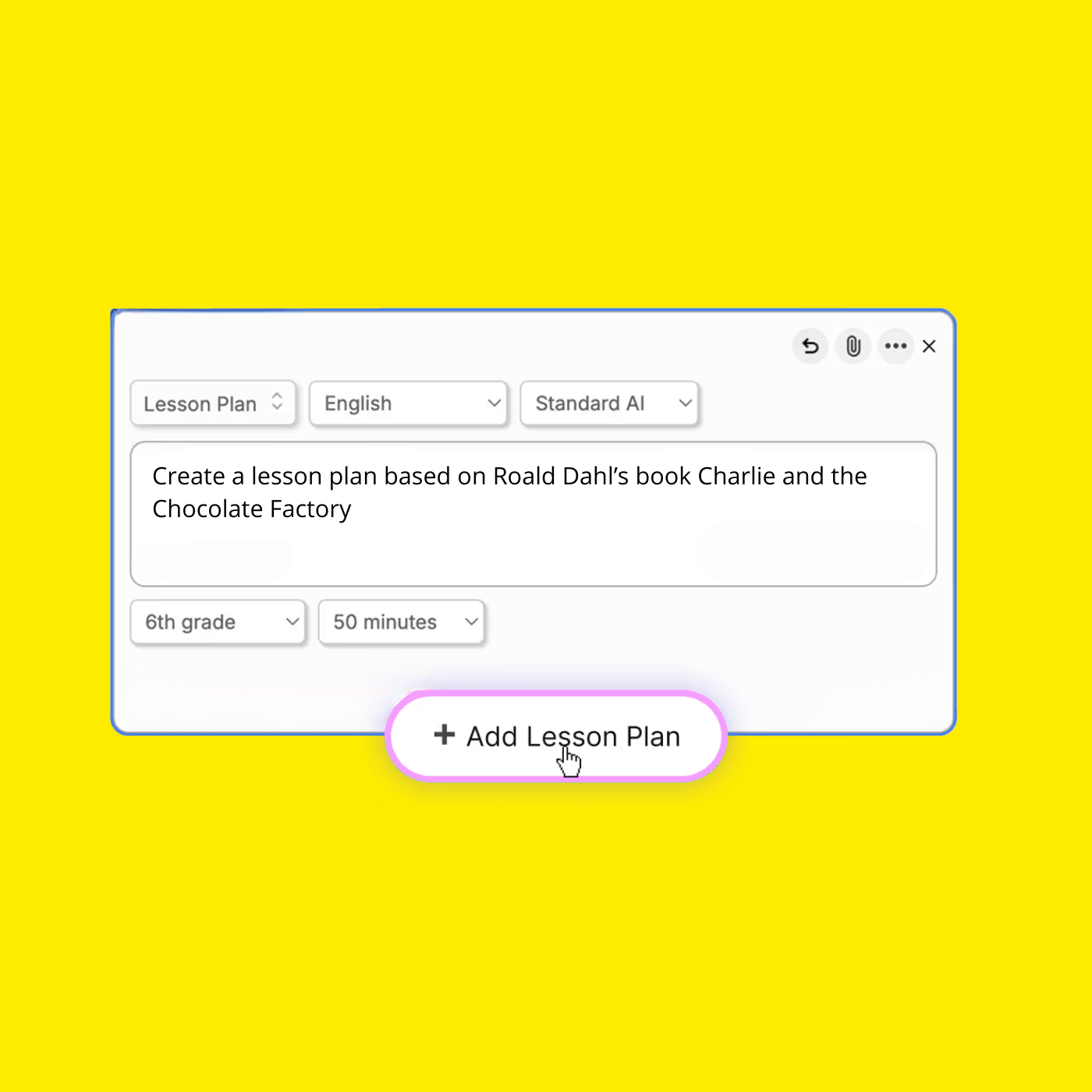
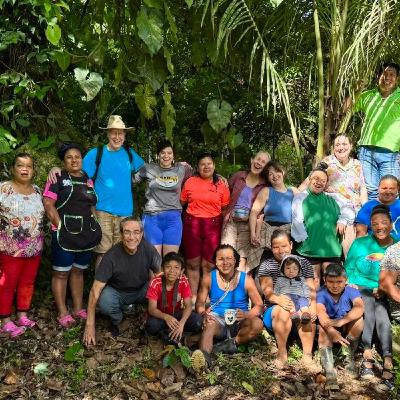
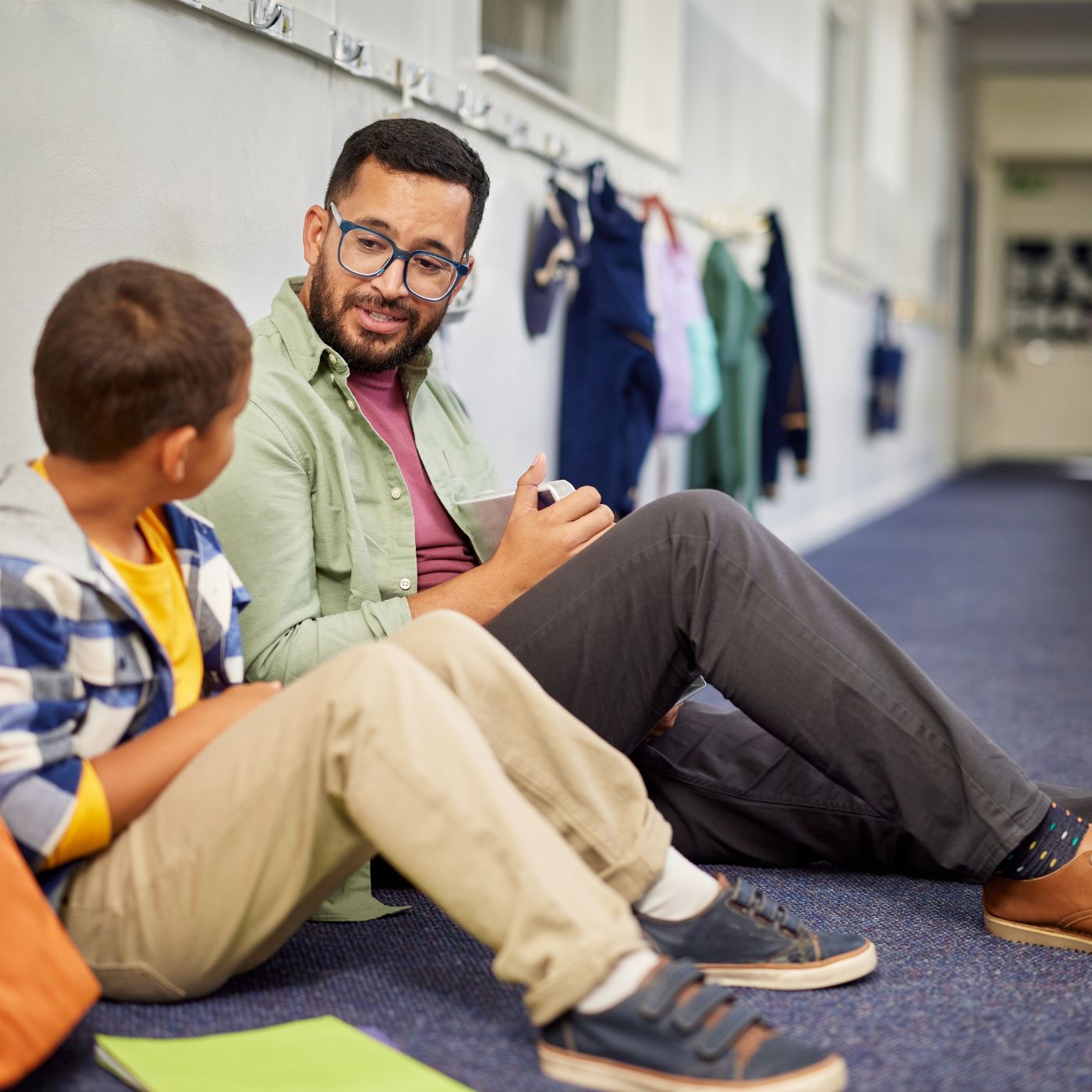
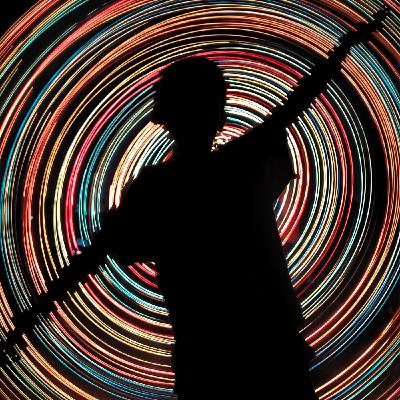

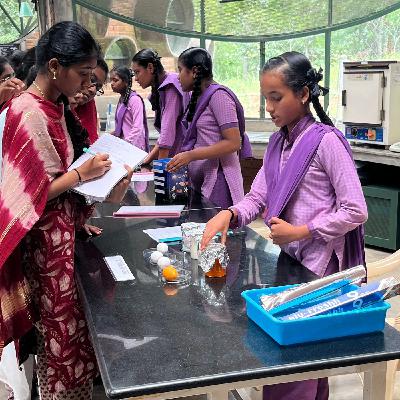
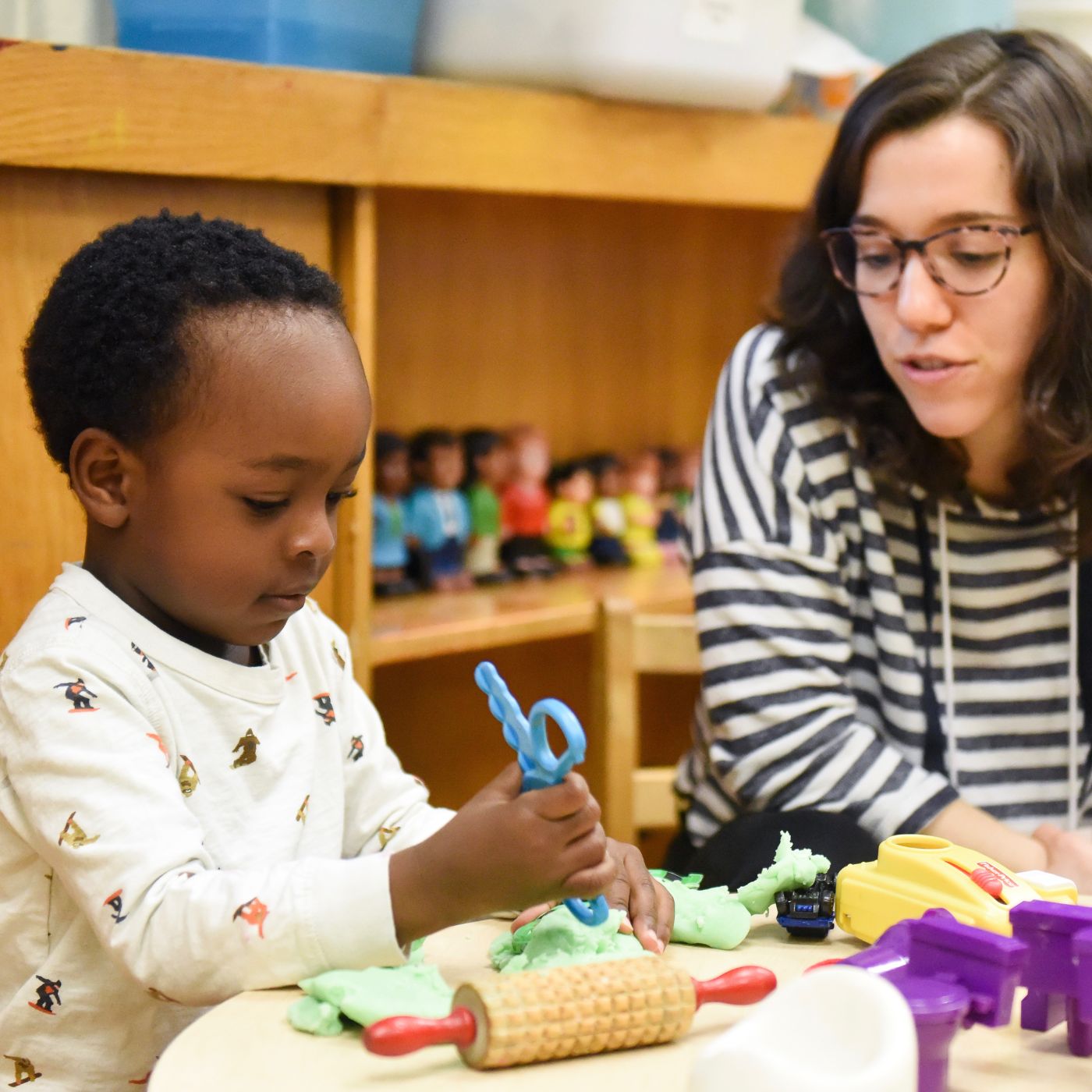
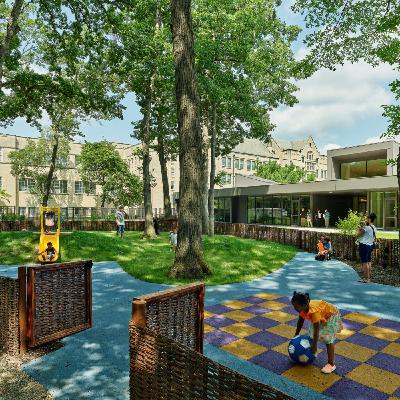
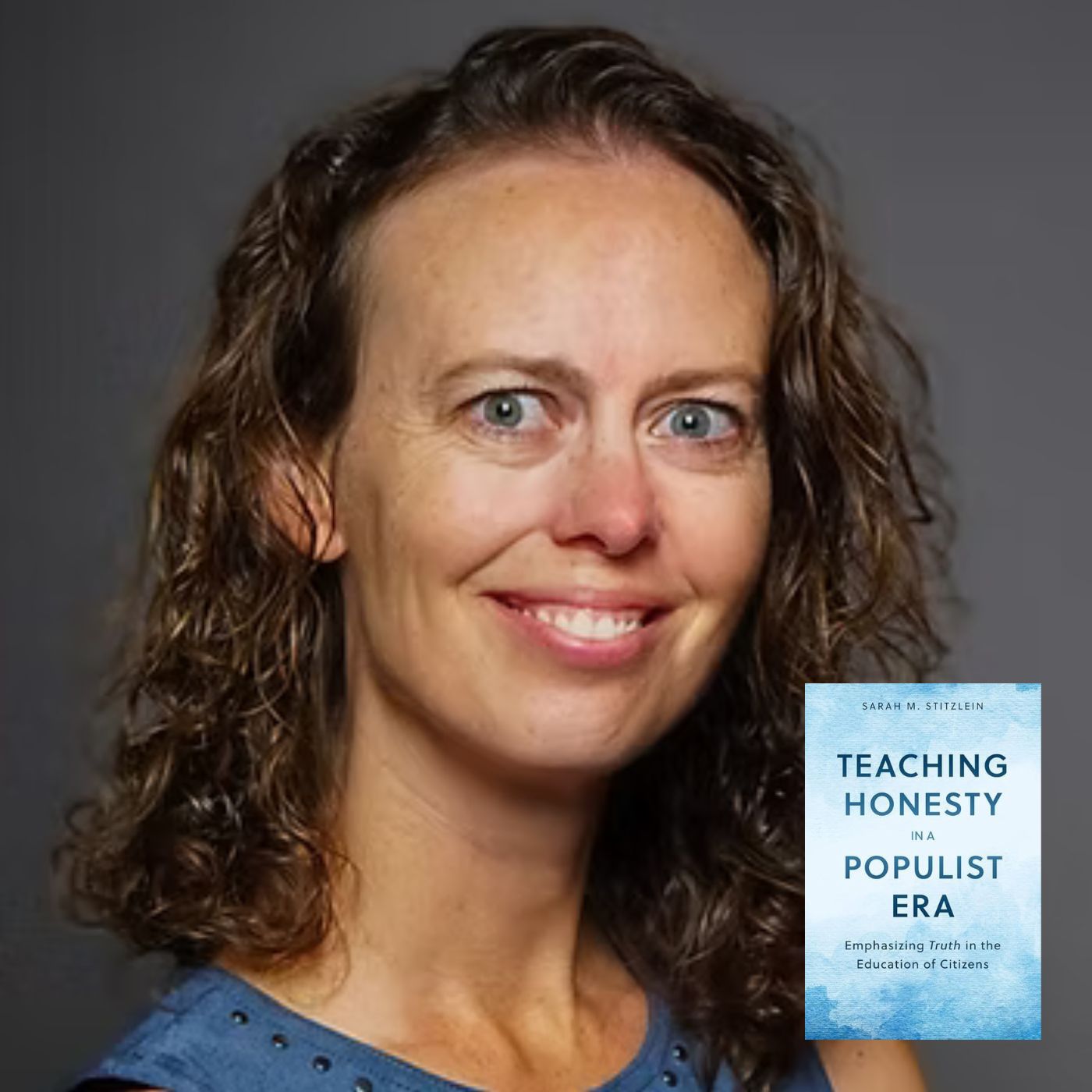
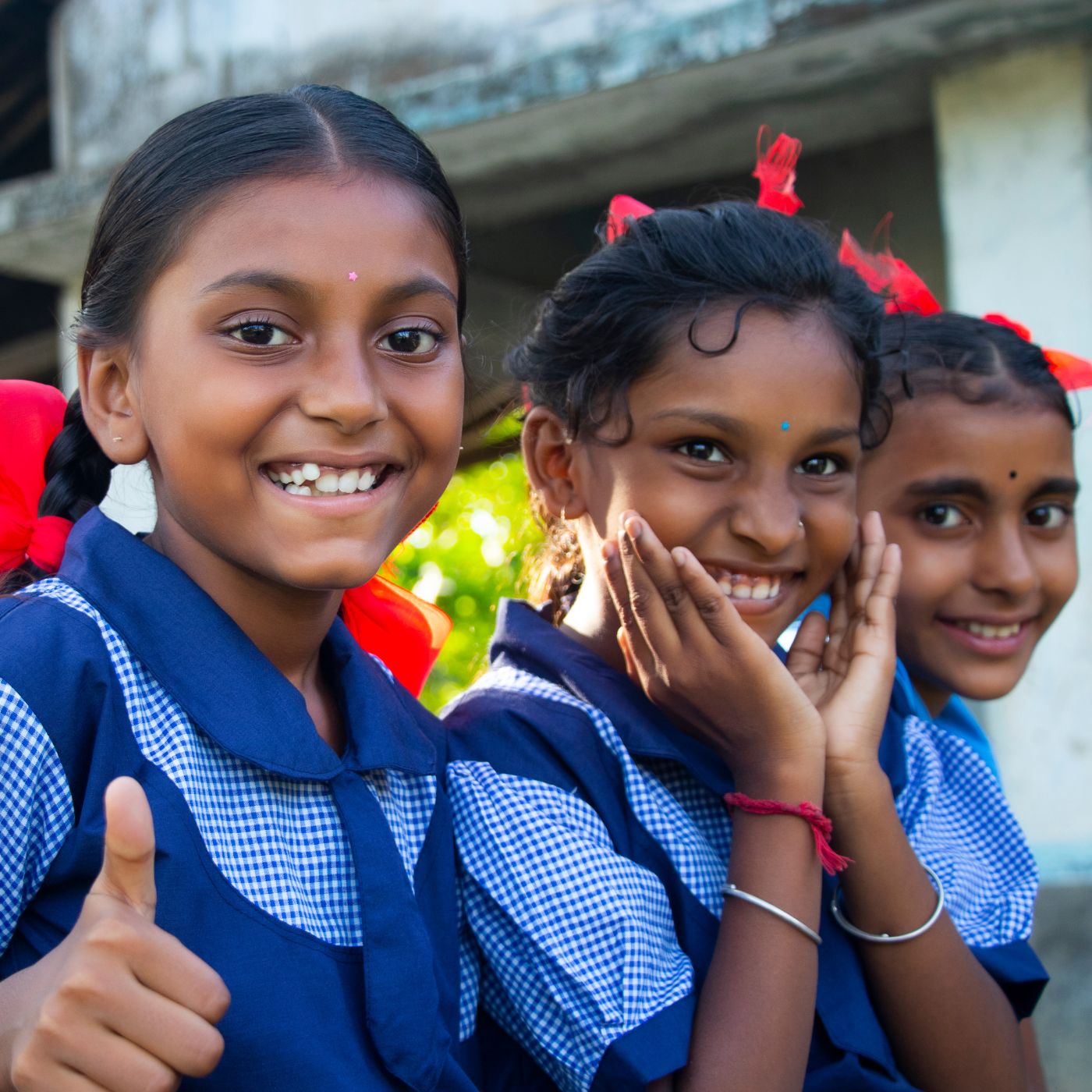
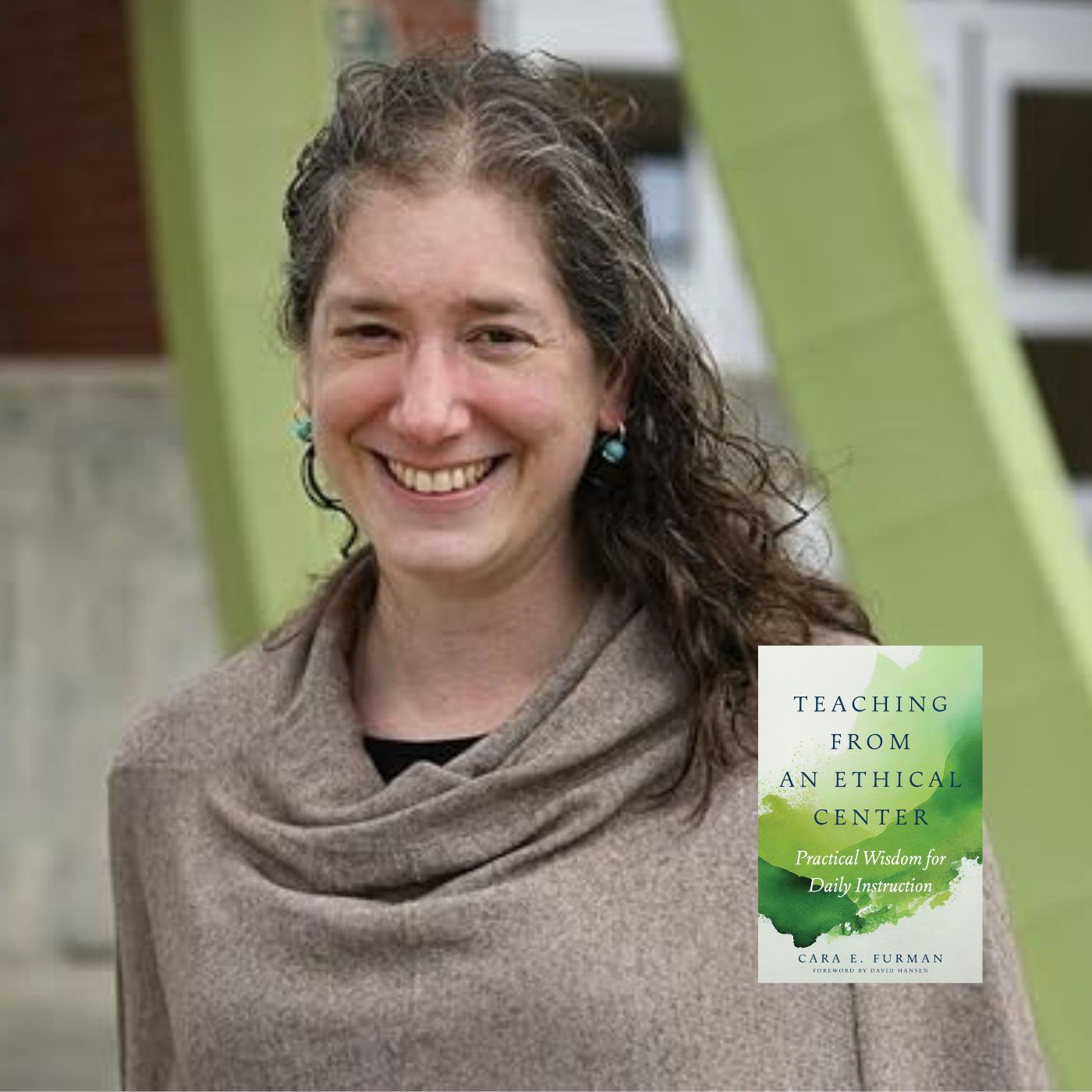
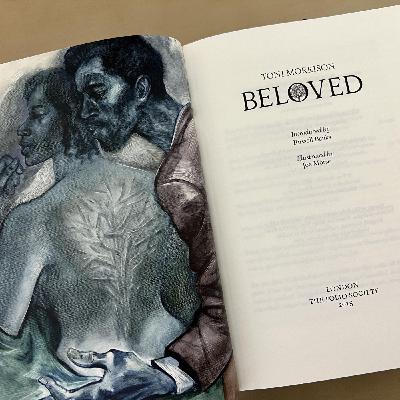
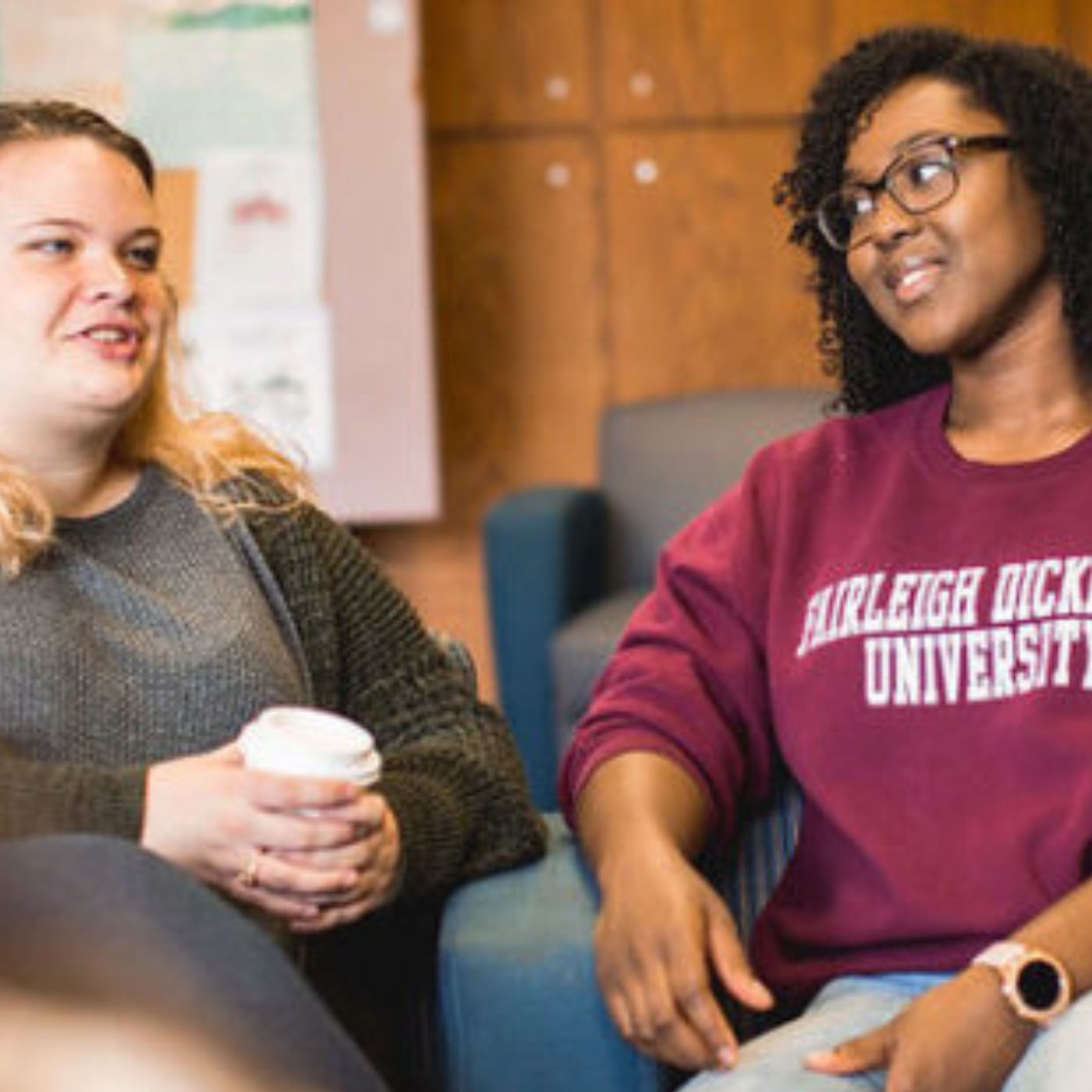
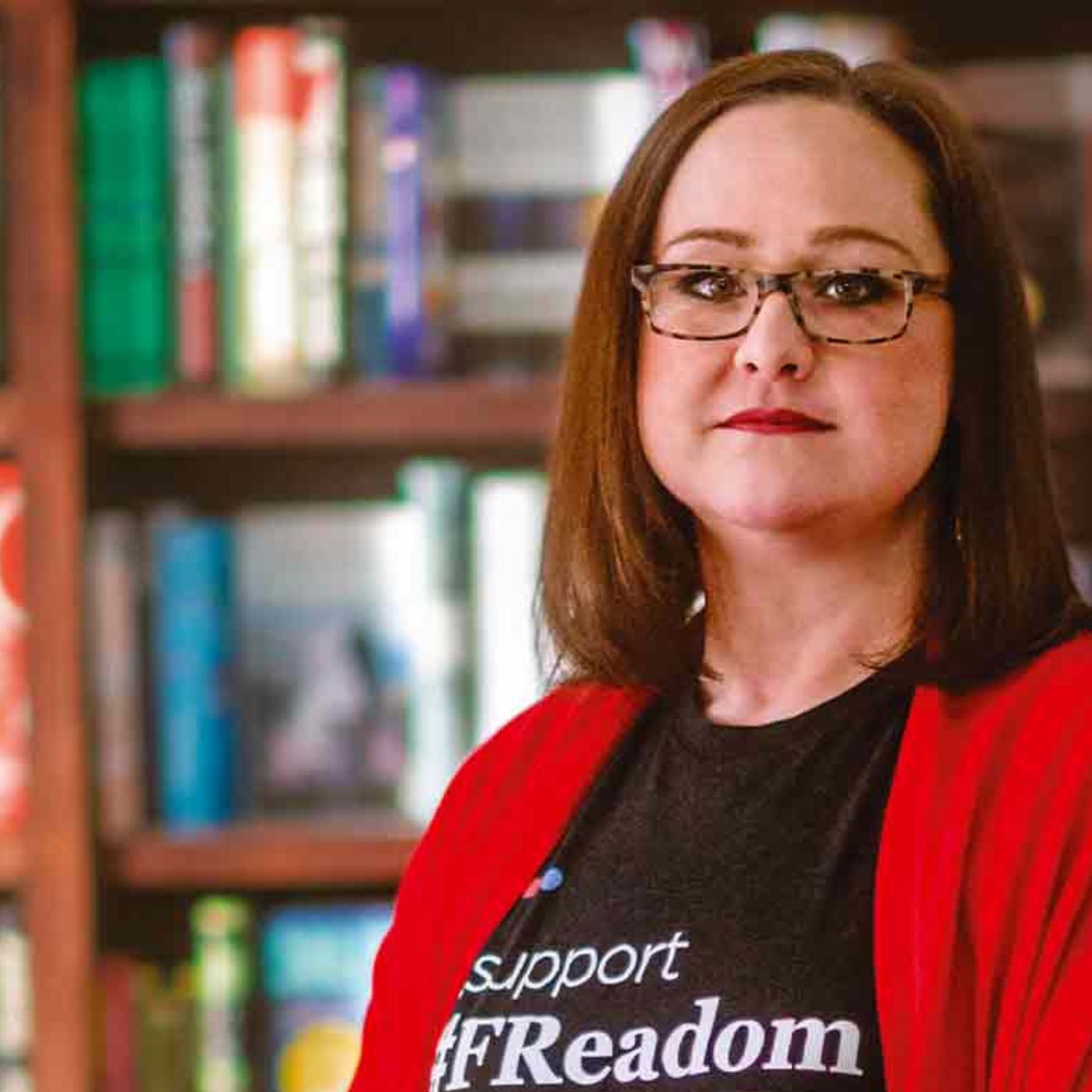
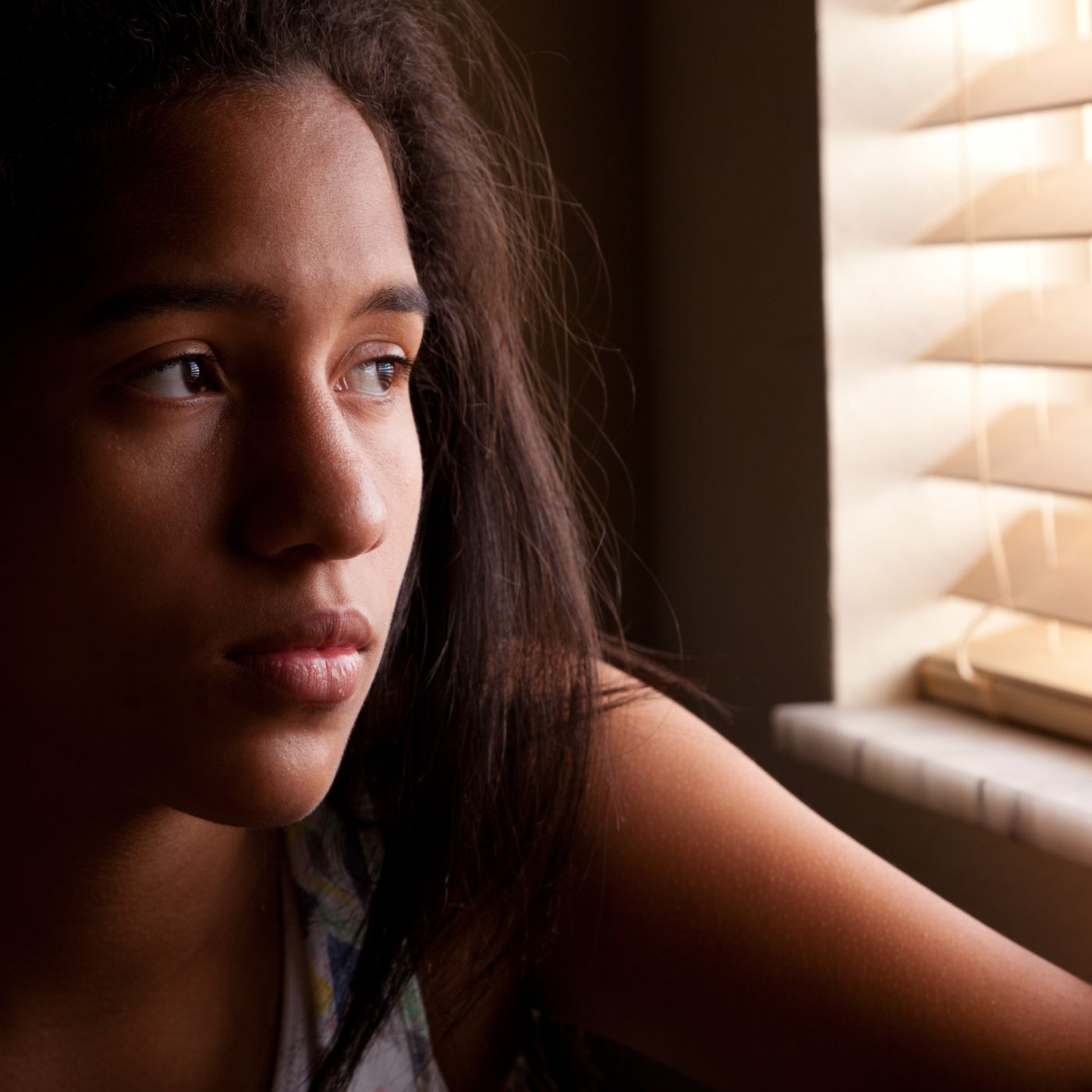
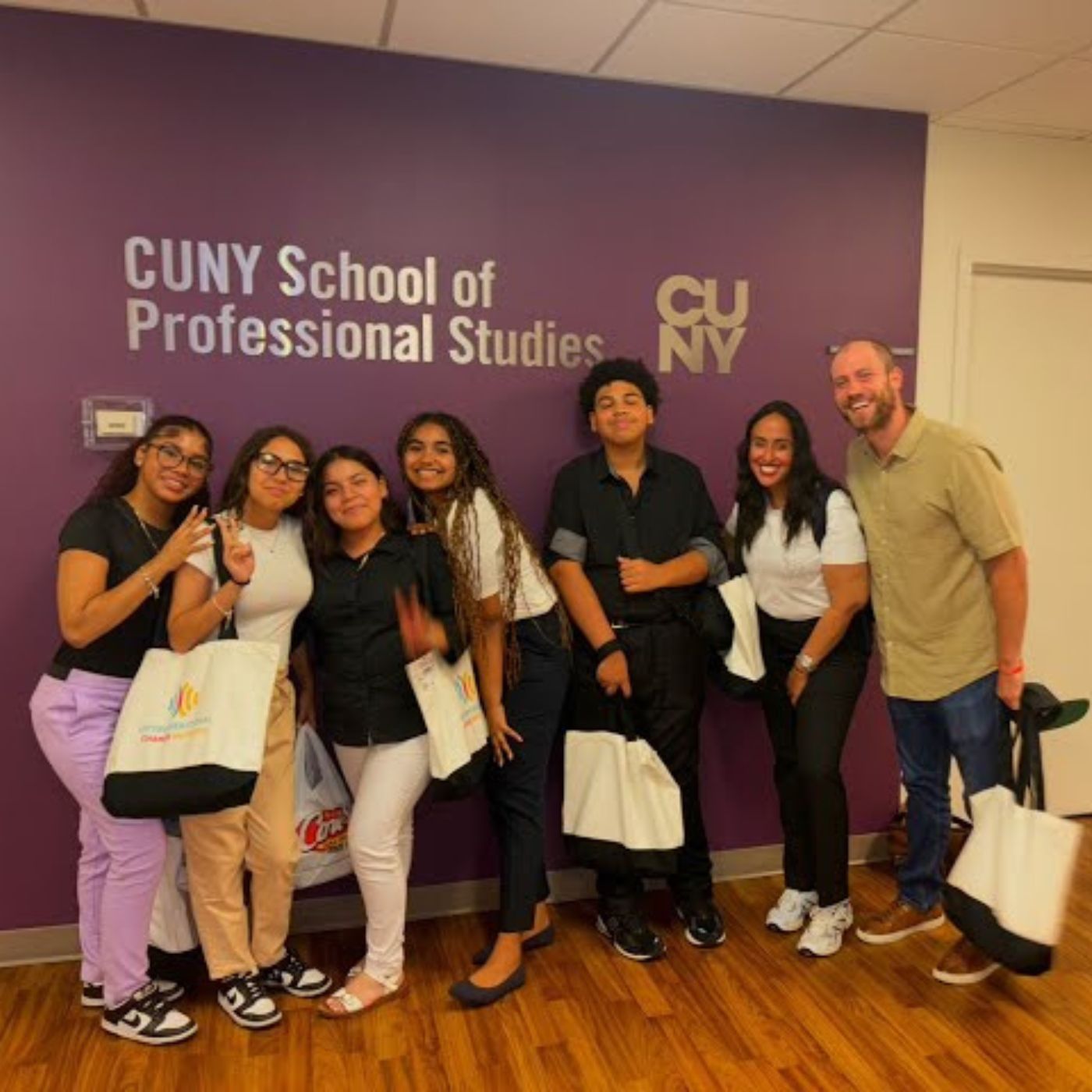
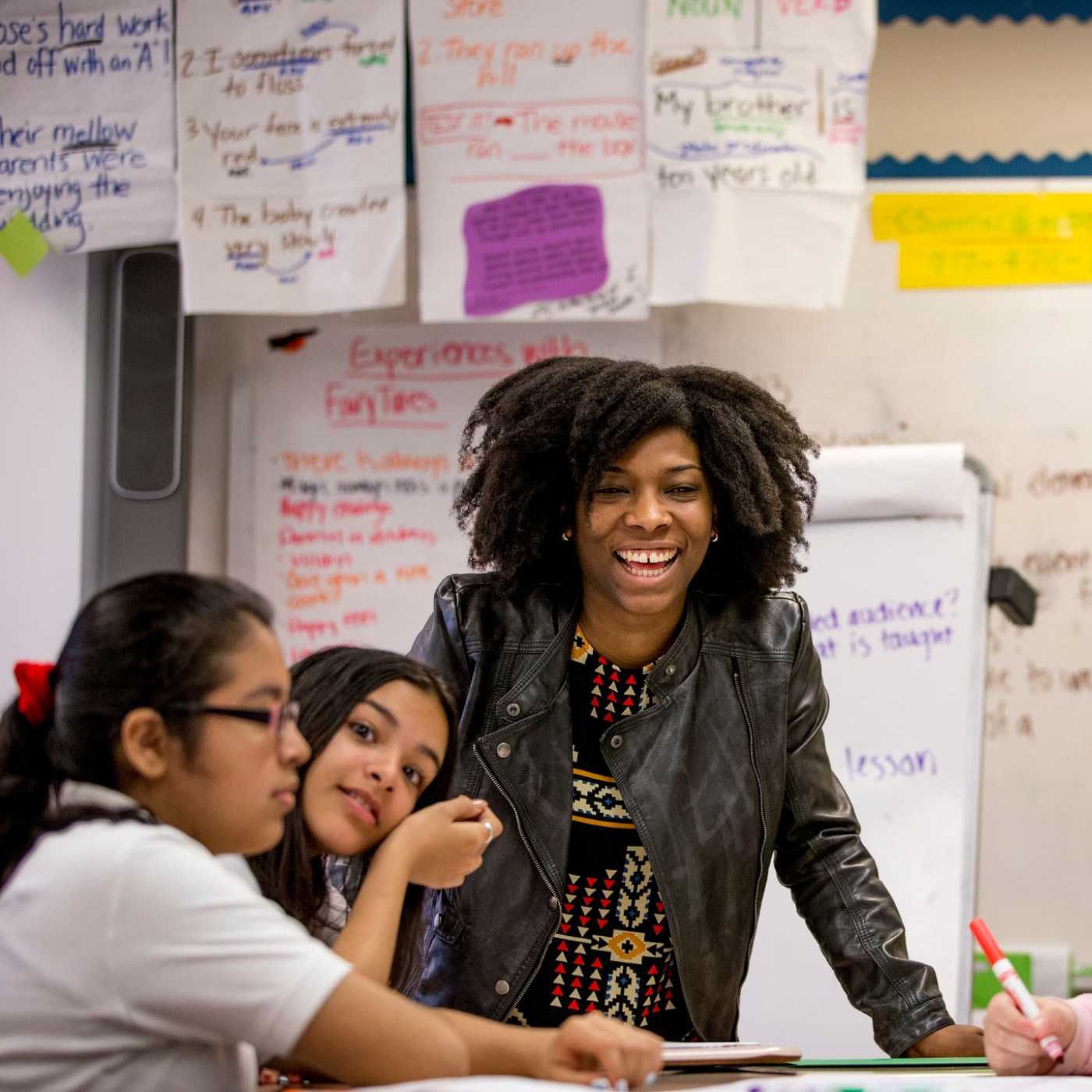



Elevate your career with the https://www.examcollection.us/MCD-Level-1-vce.html! This certification validates your skills in designing and building application networks using MuleSoft's Anypoint Platform. You'll demonstrate your expertise in API-led connectivity, integration best practices, and data transformation techniques. Prepare to tackle real-world scenarios and enhance your ability to drive innovation in your organization. With a focus on practical knowledge and problem-solving, passing this exam opens doors to exciting job opportunities and higher earning potential. Invest in your future and stand out in the competitive tech landscape by becoming MuleSoft certified today!
Enjoyed reading the site you shared.It's really attractive and important for the peoples. In my words it can be challenging, as it requires in-depth research, critical thinking, and a clear presentation of findings. This is where a case study writing service comes in handy. A case study writing service is a professional service that assists students, researchers, and businesses in writing well-structured, insightful case studies. Visit here https://academized.com/case-study-writing-service A case study writing service is a practical solution for students, professionals, and researchers who need help crafting detailed, accurate, and polished case studies. These services save time, reduce stress, and ensure the delivery of a high-quality document tailored to your needs.
I loved this! very powerful stuff